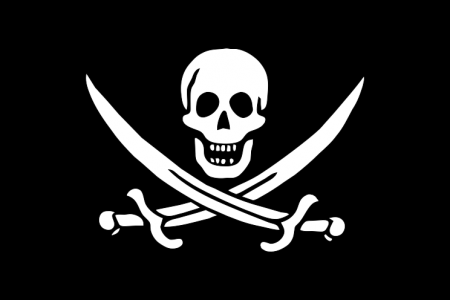
A ship built in Japan, owned by a brass-plate company in Malta, controlled by an Italian, chartered by the French, skippered by a Norwegian, crewed by Indians, registered in Panama, etc. etc. is attacked while transiting an international waterway in Indonesian territory. So – if the pirates ever get arrested – who exactly is in charge of prosecuting them?
Some legal scholars recommend that captured pirates should be prosecuted in the region where they are arrested. Unfortunately, countries that lack the capacity to secure their waters often also have limited resources for prosecution. If more than one country is interested in prosecuting the arrested pirates, it is not immediately clear which country’s judiciary system should be applied. The international legal framework remains vague and sometimes even contradictory. And it starts with the definition, around which there is no consensus: The UN Convention on the Law of the Sea (UNCLOS) defines piracy as 1) an act of violence 2) conducted on the high seas 3) against another vessel 4) and for private gain; while the Convention for the Suppression of Unlawful Acts of Violence against the Safety of Maritime Navigation (SUA) defines it as 1) intentionally seizing or damaging a ship or 2) attempting to seize or damage a ship.
